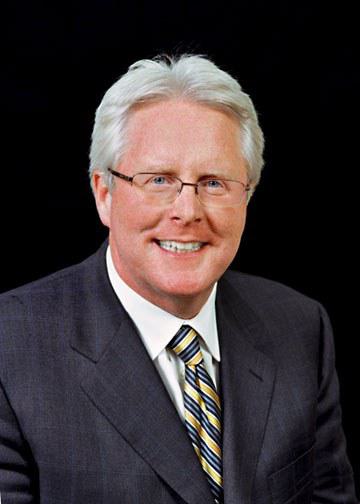Jury Awards $1.9 Million to Driver Hit by Cop Car

By Jeff Blumenthal of the Legal staff

Tom Duffy, Esq.
A motorist who seriously injured his leg when he was hit by a Philadelphia police car on Cobbs Creek Parkway last year received close to $1.9 million from a Common Pleas jury. Late Friday afternoon, the jury found in favor of plaintiff John Duffy, a 45-year-old insurance salesman from Media whose left femur was shattered the afternoon of March 13, 1998, when his mini van was hit by a police car traveling in the opposite direction.
Thomas Duffy of Duffy & Quinn, the plaintiffs attorney and first cousin, said the police officer was rushing to the scene of a call when he rounded a corner, veered across the center line and collided with the front of the driver's side of the plaintiffs vehicle. As a result of his injury the plaintiffs left leg is now an inch shorter than the right, he walks with a pronounced limp, and he has lost valuable income because he cannot work as many hours, Duffy said.
Duffy said the city argued that the officer was cut off by an unidentified white Chevrolet, causing him to skid into the opposite lane of traffic, but Duffy argued that even if the Chevrolet existed, the officer did not need to respond to the incident - a report of a stolen car, which was being followed by an unmarked police car.
"I made a point as soon as I found out about the accident to file suit immediately so I could subpoena the police radio tapes," Duffy said. "He had his lights on and said he had his sirens on, but he didn't need to do that. It's not like the people in the stolen car were leading police on a chase. The tapes show that it was anything but that. The suspect was stopping at red lights. It was not a high speed pursuit."
The officer would not have needed to speed toward the incident had he not been 30 blocks away - well out of his patrol jurisdiction getting gas when the call went out, Duffy added. Raymond Yost of the city's law department, who represented the police department in the case, said the officer was obligated to respond to the stolen car incident because unmarked cars have no lights or sirens and are not allowed to pull over motorists. During the three-day trial, Duffy called the plaintiff, the plaintiff’s wife, a passenger in the car and an expert economist. It was the economist who Duffy said provided the key testimony, arguing that even though John Duffy was a white collar worker, the injuries he sustained were so significant that he is not as good a salesman as he once was.
"In talking with some jurors afterwards, I think they found it insulting that a doctor the defense used as an expert said John did not suffer any permanent damage from the accident," Duff said. "This is a young man we're talking about who was very active and now he can't be as active -whether it's working or coaching his kid's little league. So I thought the city really lost some credibility when one of its experts said someone who's left leg is an inch shorter than the right doesn't have a significant injury. It was ridiculous, and it cost them.”
Yost, though, said the defense medical expert never testified that the plaintiff did not suffer serious injuries.
"He merely said that once back to work as an insurance salesman, he should be able to earn a living at roughly the same level as before," Yost said, "but the plaintiffs economist projected the effects of the injury by comparing his earnings in 1997 to 1998, which was the year he sustained the injury and missed two months of work. So the 1998 year model was clearly a flawed one."
The jury returned to Judge Arnold New's courtroom after three hours of deliberation with a $1.885 million verdict for John Duffy and $35,000 for his wife for loss of consortium, Yost said the jury originally returned with a $1.885 million verdict split between compensatory and punitive damages, but New quickly reminded them that they could not award punitive damages in the case and sent them back into deliberations. They soon returned with the same dollar amount, converting all the money to compensatory damages.
Because the city has a $500,000 liability cap, Duffy said he will seek to recoup the remained of the verdict through insurance methods. The unidentified Chevrolet, which the defense said contributed to the accident, could be seen as an uninsured motorist. And the police car could be seen as an underinsured vehicle.
Yost said the law department was mulling over post-trial motion options and has not thought yet about an appeal.

